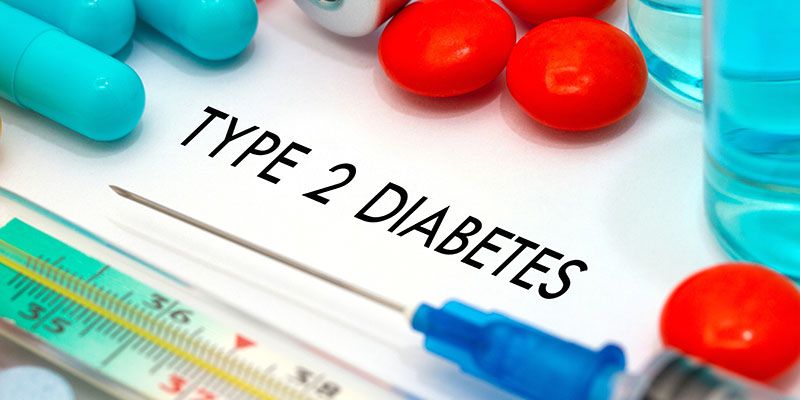
A drug used to treat people living with Type 2 diabetes could also help improve their heart function, according to new research.
An estimated 3.7 million people in the UK are diagnosed with the condition which can damage the walls of the arteries and lead to a heart attack or heart failure.
Researchers at the University of Leeds' School of Medicine have discovered that Empagliflozin, which is typically prescribed to help reduce blood sugar levels in patients with Type 2, could also enhance the function of their hearts.
“It is crucial that we find new medicines which can not only reduce blood sugar levels but can also simultaneously protect the heart.”
A study, funded by the British Heart Foundation, recruited 18 people living with Type 2 diabetes to take this medication on clinical grounds and they were monitored over three months.
The patients underwent MRI scans of their hearts, along with blood tests, before treatment. Their results were compared with people living without the condition and found that patients living with Type 2 diabetes typically had lower energy levels in their heart.
Significant improvements
The results also found that patients had a lower percentage of blood being pumped from their heart each time it contracts.
Twelve weeks later, follow-up scans and blood tests were carried out and in most patients these revealed significant improvements in the heart’s energy levels, along with relative improvements in the percentage of blood being pumped from their heart.
It also discovered a 61 per cent average reduction of a substance called NT-proBNP in their blood. High levels of this substance can be an indication of heart failure.
Dr Sharmaine Thirunavukarasu, a PhD candidate who led the research, said: “Adults with diabetes are two to three times more likely to develop heart and circulatory diseases, so it is crucial that we find new medicines which can not only reduce blood sugar levels but can also simultaneously protect the heart.
“Our study shows encouraging signs that empagliflozin could be the drug to do just that, and provides new insights into just how this medication can benefit the heart’s function. This is important if we want to recommend this drug to more people living with Type 2 diabetes in future, to avoid conditions such as heart failure and to improve their quality of life.”
Positive impact
Barry Simmons from Leeds was one participant of the trial. The 72-year-old was diagnosed with Type 2 diabetes 12 years ago.
He said: “Since I was diagnosed, I have seen my blood sugar levels spike and at times, this has been difficult to control despite taking medication and exercise.
“It was incredible to see the difference this medication made – and I was absolutely amazed when I was told that the blood flow to my heart had improved by 18 per cent in just three months.
“I also saw several other benefits during the study. My blood sugar levels improved, my blood pressure reduced and, along with regular exercise, I lost half a stone. I’m continuing to take Empagliflozin alongside other diabetes medication as it really has made such a positive impact to my life.”
Professor Jeremy Pearson, Associate Medical Director at the British Heart Foundation which funded the research, said: “This study builds on emerging evidence about the benefits Empagliflozin can have on the heart. Further research will be needed on a larger cohort of patients to identify who may benefit the most from taking this medication, but this is a promising step.”
Further information
For media enquiries email University of Leeds Press Officer Kersti Mitchell at k.mitchell@leeds.ac.uk.